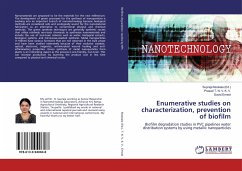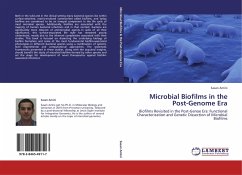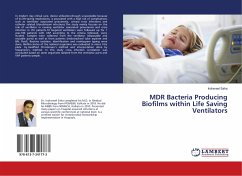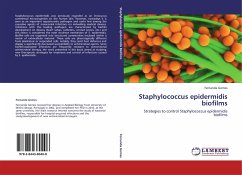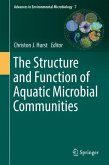Nanomaterials are proposed to be the materials for the new millennium. The development of green processes for the synthesis of nanoparticles is evolving into an important branch of nanotechnology because biological methods are considered safe and ecologically sound for the nanomaterial fabrication as an alternative to conventional physical and chemical methods. The green synthesis techniques are generally synthetic routes that utilize relatively non-toxic chemicals to synthesize nanomaterials and include the use of non-toxic solvents such as water, biological extracts, biological systems, and microwave-assisted synthesis. Metal nanoparticles (1-100nm) have various functions that are not observed in the bulk phase and have been studied extensively because of their exclusive catalytic, optical, electronic, magnetic, antimicrobial wound healing and anti-inflammatory properties. Green synthesis of metal nanoparticles from plants is an interesting aspect as the process is eco-friendly, non-toxic. This can increase production by lowering the product cost in less time compared to physical and chemical routes.
Bitte wählen Sie Ihr Anliegen aus.
Rechnungen
Retourenschein anfordern
Bestellstatus
Storno

